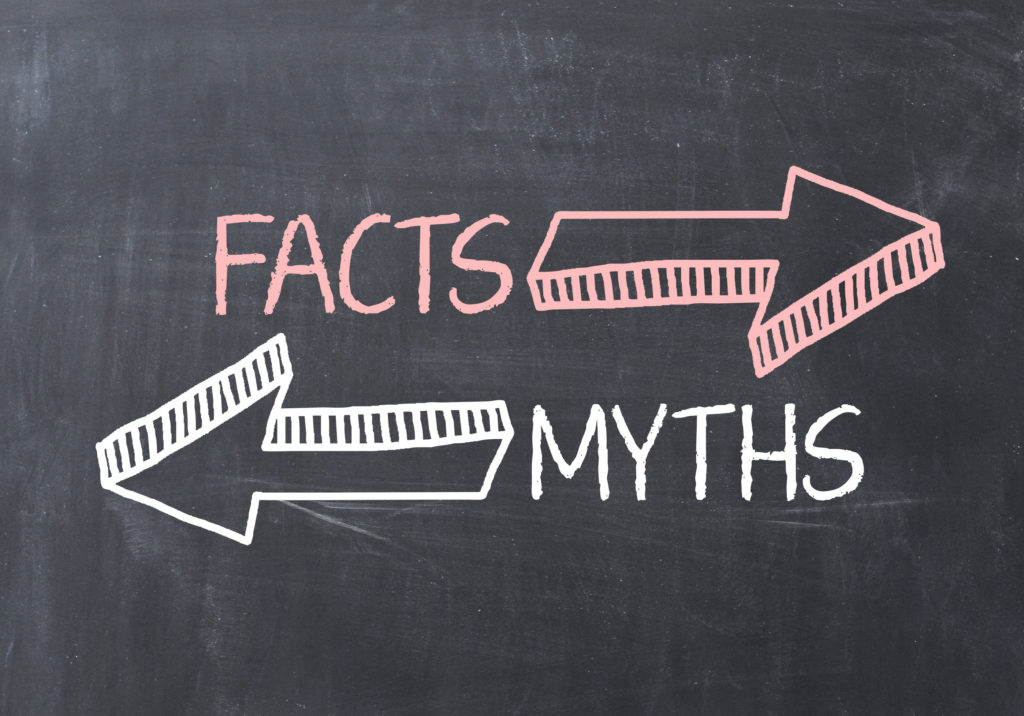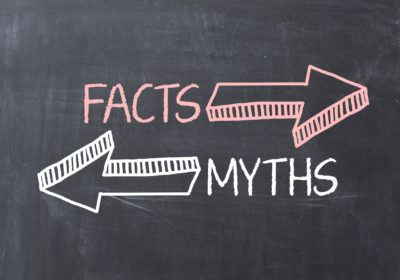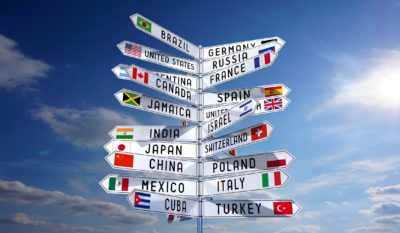
There are a great many myths regarding professional translation services, which is why we want to talk you through the top 7 translation myths we hear most often in this field:

1. I don’t need a professional translator
Companies often believe they don’t need a professional translator because their content is not intended for native speakers of the target language. This is clearly a myth because if that were really true they wouldn’t need a translation at all. Where there is a need to show text in a different language, the best solution is always to work with a professional translator, ideally one who specializes in that specific topic.
2. Translation quality can be tested by doing a reverse translation
Another great myth is thinking that a translation’s quality can be checked by asking a second translator to translate back into the original language.
Good translations include subtle adaptations and nuances added by the translator when writing in the target language. This adaptation process is what ensures that the reader has no idea they are looking at a translation as opposed to original content written in their language.
In fact, ironically, the worse a translation is – one that sticks to the original word for word – the more likely it is to resemble the source text after a reverse translation.
3. Translators only use online tools to deliver their work
Do you know anyone who still does slide shows on viewfoil? Well, the same applies to professional translators. They use technological tools to make their work easier, save time and ensure translation consistency.
But these tools are just that: tools they use to enhance their command of both the source and target language, their experience, and their knowledge of the topic at hand.
4. Professional translation is only needed for contracts and legal documents
Of course you need a professional for this kind of work! No doubt about it. But you will also require professional services to translate a website, a brochure, software, video games, books, magazines, and even presentations and dossiers for reverse marketing. Don’t make the mistake of thinking professional translations are only for people visiting a foreign country, which we could list as another myth. In fact, legal documents and contracts account for a very small percentage of the content that gets translated nowadays.
5. Any interpreter can work as a certified translator
Interpreters and translators are considered professionals when they have the qualifications and training to do the job professionally. That means that they have studied and work actively as interpreters or translators. But on top of that, becoming a certified translator involves taking a series of official exams set by the appropriate authority in each country.
6. Anyone who speaks the target language can work as a translator
Any language has a myriad of words: outdated words, new words constantly being added to the dictionary, technical terminology, terms used in certain geographical areas… Having full command of a language and all of its vocabulary is no mean feat. It’s one thing to get by in a language and another very different thing to speak it and write it fluently. Translators are linguists, after all, and for a very good reason.
7. Customers always expect top quality in every translation
Are you familiar with the expression “Each to their own”? This applies to customers’ expectations too. Depending on the purpose of their translation they may prioritize speed over quality, or vice-versa.
This doesn’t mean that customers will accept a poor translation as long as it is delivered quickly, which is why working with specialized translators is so important. A lawyer, for instance, will expect a translation that avoids ambiguities and uses the right legal terminology. A company that manufactures electronic devices, meanwhile, may define the quality of a translated technical document in terms of ease of understanding by users.
Out of these 7 translation myths, this one is our favorite ones, because it always proves controversial. At Seprotec, we work hard on a daily basis to customize the services we offer and ensure that when you, the customer, receive your translation, it meets all your expectations.




